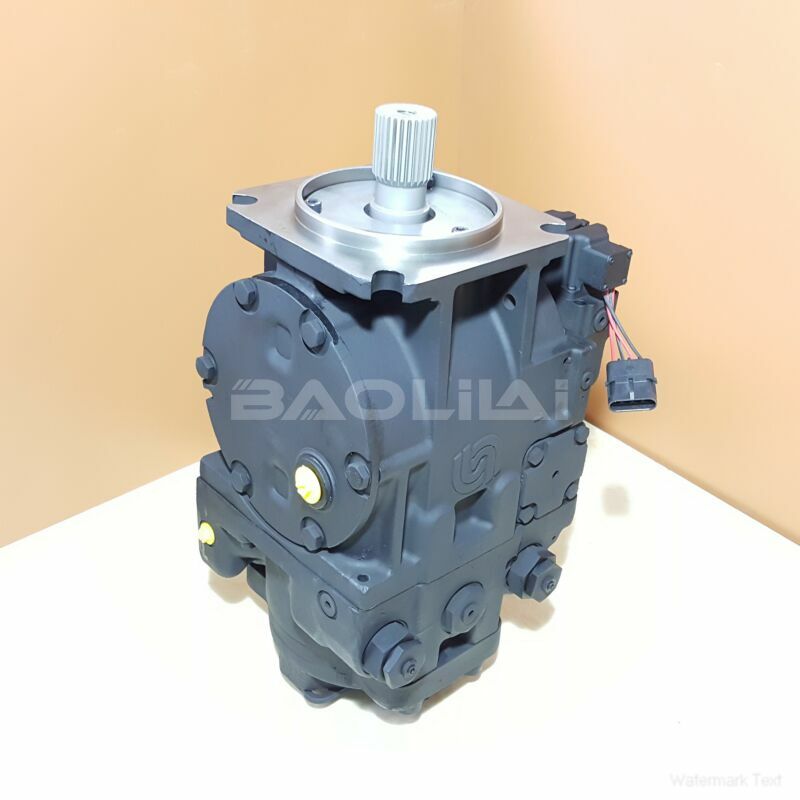90R055KP2CD60P3C6D03GBA424224 danfoss pump
90R055KP2CD60P3C6D03GBA424224 danfoss pump

- Product Details
- Applicable Scene
Hydraulic pumps play a pivotal role in the fluid power systems used for fluid circulation and transfer in concrete production. This critical function is essential for ensuring smooth and efficient operations in the concrete industry. Understanding the types of hydraulic pumps, their applications, and their advantages can help enhance the productivity and reliability of concrete production processes.
90-R-055-KP-2-CD-60-P-3-C6-D-03-GBA-42-42-24
90R055KP2CD60P3C6D03GBA424224
Hydraulic pumps convert mechanical energy into hydraulic energy, allowing fluid to flow through various systems under high pressure. In concrete production, hydraulic pumps are commonly used to manage the delivery of water, additives, and other materials necessary for mixing concrete. These pumps facilitate the movement of liquids in a controlled manner, ensuring that the correct proportions are maintained, which is vital for achieving the desired concrete quality.

9422310
There are several types of hydraulic pumps used in concrete production, including gear pumps, piston pumps, and vane pumps. Gear pumps are known for their simplicity and reliability, making them a popular choice for smaller applications. They operate by using meshing gears to create a vacuum that draws fluid into the pump and then pushes it out under pressure. Piston pumps, on the other hand, provide high pressure and are suitable for large-scale operations. Their design allows for adjustable flow rates and can handle viscous fluids, making them ideal for heavy concrete mixtures. Vane pumps offer a balanced approach, combining efficiency and performance, and can provide consistent flow rates at varying speeds.
The advantages of using hydraulic pumps in concrete production are manifold. First, they ensure precision in liquid transfer and circulation, reducing wastage and increasing the quality of the final product. Second, hydraulic systems are generally more efficient than mechanical systems, leading to lower energy consumption and operational costs. Moreover, hydraulic pumps can easily adapt to various conditions, allowing manufacturers to adjust fluid flow based on specific production requirements.





